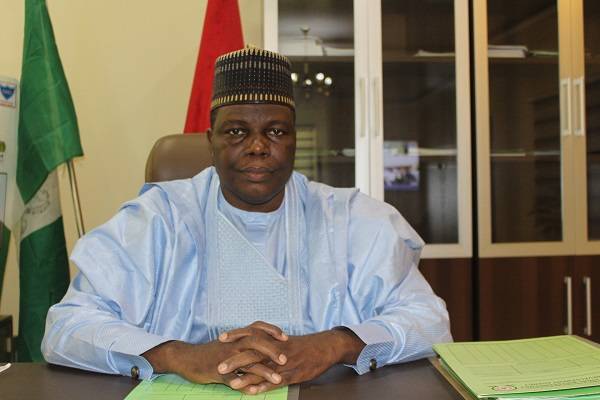
The director-general of the National Biotechnology Development Agency (NABDA), Prof. Abdullahi Mustapha has underscored the vital role of genetic modification tools.
Mustapha emphasised their capacity to generate environmentally friendly and sustainable products during a biotechnology and biosafety workshop for medical practitioners in Abuja, organised by the Open Forum on Agricultural Biotechnology (OFAB) Nigeria in collaboration with NABDA and other stakeholders.
The application of biotechnology to agriculture, as Mustapha articulated, promises the production of significantly more food with less effort. He articulated, “More food on less land, with less water in conditions of increasingly unpredictable climate and markets, with less manual labour, as well as the reduction of waste and losses, leading to the production of more nutritious and safe food.”
Addressing the interactive and engaging nature of the workshop, Mustapha encouraged all participants to actively partake in discussions and freely ask questions for the sake of clarity and a better understanding.
The country coordinator for the Programme for Biosafety Systems (PBS), Dr. Matthew Dore emphasised the importance of biosafety in modern biotechnology practices. He reiterated the efficiency of the Nigerian Biosafety Management Agency (NBMA), in addressing safety concerns related to biotech crops. Dore emphasised that there is no need for doubt regarding the safety of commercialised biotech crops in the country, aligning with the consensus reached by the World Health Organisation (WHO) and other global institutions that genetically modified (GM) foods do not pose any likely risk to human health.
In his presentation, the former NBMA director-general, Dr. Rufus Ebegba commenced on the framework for biotechnology in Nigeria by identifying the potential that modern biotechnology offers.
He emphasised the need for adequate regulation to ensure the safety of humans, animals and the environment. Ebegba’s presentation highlighted NBMA’s regulatory instruments, including the biosafety policy, Biosafety Act, biosafety guidelines, national GM detection and analysis laboratory, the National biosafety manuals and forms, among others, as well as the numerous milestones achieved by the agency.
Describing biotechnology as a formidable tool for agricultural development, the director of agricultural biotechnology department at NABDA, Dr. Rose Gidado elaborated on how its applications can benefit humans. She emphasised that biotechnology spans various sectors of the economy, with agriculture being the most crucial as it provides sustenance for human survival. Gidado concluded her presentation by calling on all stakeholders to actively contribute to responsible biotech practices in the agricultural sector to enhance food security.
Representing the FCT chapter of the Nigeria Medical Association, Dr. Michael Olarewaju expressed the association’s recognition of the opportunities that biotechnology presents in the health sector. He affirmed the commitment of NMA to partner with NABDA in demystifying and eliminating myths and misconceptions about GMOs and their products. Olarewaju was optimistic that the workshop would serve as an eye-opener to the health sector, benefiting medical practitioners, including doctors, dietitians, pharmacists and nurses, as they look forward to successful partnerships with the Agency for the good of Nigeria.
In a goodwill message, Prof. Nasidi Abdulsalami expressed joy at being part of the programme. He highlighted how GMOs have positively changed the world, using Nigeria as a case study. Abdulsalami explained the benefits of GM technology, especially in tackling health crises like the Ebola incidence and the COVID-19 outbreak. He credited GM technology with playing a crucial role in vaccine design and production to address the pandemic, preventing a significantly higher global death toll.
The West African regional director of AATF, Dr. Jean Baptiste Tignegre commended the NABDA DG, and OFAB Nigeria chapter for its efforts in creating awareness about biotechnology in the country. He reassured participants that GM technology is an efficient tool with the potential to enable Africa to achieve food security and safety. Tignegre highlighted the capability of Africans to work and develop technologies that address the food security challenge, citing the PBR Cowpea as the first GM crop released in Africa, with Nigeria playing a key role in that achievement. Presenting on the safety of genetically modified crops, Tignegre provided background information on the long existence of GM crops, emphasising their safety through rigorous evaluations and testing processes.
The workshop, with its wealth of insights and discussions, provided a platform to deepen understanding, dispel myths and encourage responsible practices in harnessing the potential of biotechnology for the benefit of Nigeria.

